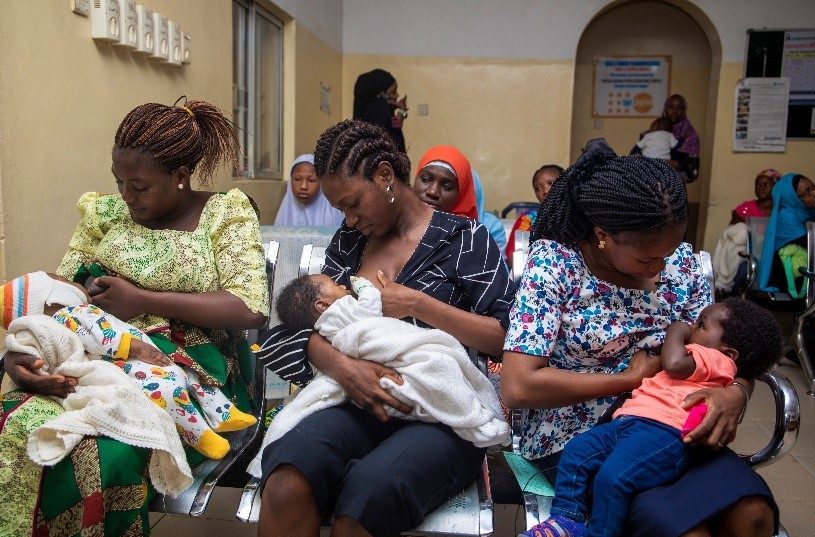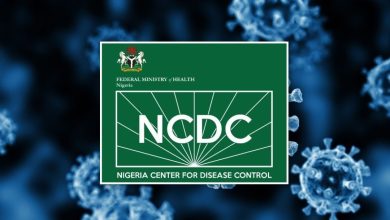NDHS Report Shows Low Breastfeeding, Poor Nutrition Among Nigerian Children
A new health report has revealed poor child-feeding practices in Nigeria, raising alarm over child nutrition.
Only 35.5 percent of newborns were breastfed within an hour of birth, experts said.
The 2024 Nigeria Demographic and Health Survey (NDHS) has revealed alarming figures on infant and young child feeding practices, showing that only 35.5 percent of Nigerian newborns were breastfed within an hour of birth.

The report also noted that just 12.4 percent of children aged 6 to 23 months met the minimum dietary diversity standard, meaning they ate from at least five of the eight recommended food groups. These findings highlight major concerns about Nigeria’s progress in improving infant and young child feeding (IYCF), which plays a vital role in reducing child mortality and promoting healthy growth.
According to the survey, exclusive breastfeeding among infants aged 0–5 months stands at 28.8 percent, an improvement from 2 percent in 1990 but showing little progress since 2018. The rate remains far below global averages, as most low- and middle-income countries record around 45 percent. Experts warn that poor breastfeeding and nutrition habits continue to expose Nigerian children to illness, stunting, and developmental challenges.
Among children aged 6 to 23 months, only one in eight received a varied diet, while 41.2 percent consumed sweetened beverages and nearly a quarter ate foods high in sugar, salt, or unhealthy fats. These trends, according to the World Health Organization (WHO), are among the main causes of malnutrition in its various forms, from wasting to obesity.
Health specialist Zainab Sa’idu described the situation as “deeply worrying,” stressing that many Nigerian newborns remain at risk of infection and malnutrition. She said the data reflect weak health education, poor policy implementation, and lack of support for mothers. “This crisis also presents an opportunity to scale up breastfeeding support in hospitals, communities, and workplaces,” she added.
Sa’idu cited several barriers to exclusive breastfeeding, including delayed skin-to-skin contact after delivery, cultural beliefs discouraging breastfeeding, and insufficient counselling in health centres. She also noted that many working mothers lack workplace support and are often denied adequate maternity leave.
For older infants, Sa’idu said worsening food insecurity and the rising cost of nutritious foods have led families to depend on cheaper, processed options. She urged government and stakeholders to make healthy foods more affordable, raise public awareness, and ensure stronger enforcement of nutrition-friendly policies.
She called on authorities to strengthen maternity-leave enforcement, provide lactation spaces, and promote public campaigns in local languages about the benefits of breastfeeding and diverse diets.
WHO estimates that proper breastfeeding alone could save over 800,000 children under five each year.



